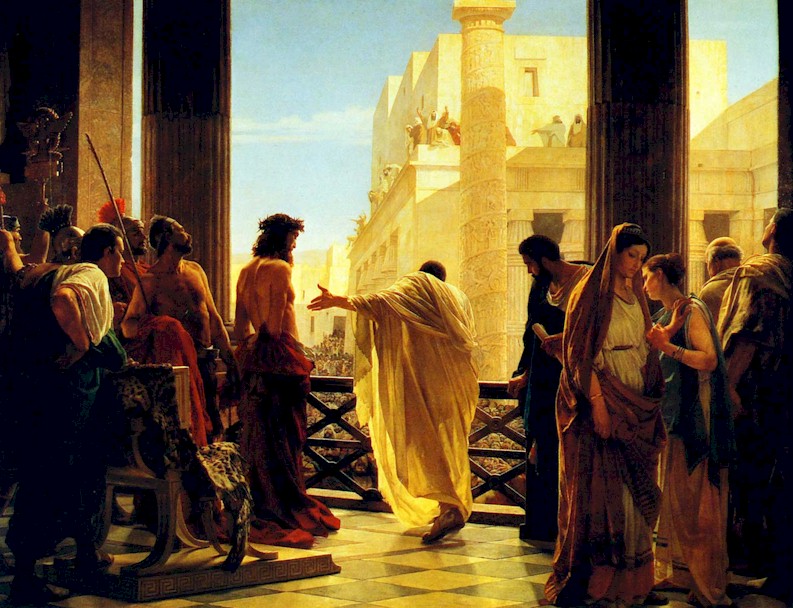MESSAGE
to 100 MONKEYS
to 100 MONKEYS


The
:
אֲבַדּוֹן,
'Ǎḇaddōn,
The Hebrew term Abaddonn), and the Greek equivalent Apollyon (Greek:
Ἀπολλύων,
Apollyon),
appear in the Bible
as a place of destruction and an angel,
respectively. In the Hebrew
Bible,
abaddon
is used with reference to a bottomless pit, often appearing
alongside the place שאול
(sheol),
meaning the land of the dead. In the New Testament Book
of Revelation,
an angel called Abaddon is written as the king of an army of
locusts;
his name is first transcribed in Greek (Revelation 9:11 – "whose
name in Hebrew Abaddon" (Ἀβαδδὼν)), and then
translated ("which in Greek means the Destroyer"
(Ἀπολλύων, Apollyon)).
The Latin Vulgate,
as well as the Douay
Rheims Bible,
has an additional note (not present in the Greek text), "in
Latin Exterminans",exterminans
being the Latin word for "destroyer".
:
אֲבַדּוֹן,
'Ǎḇaddōn,
The Hebrew term Abaddonn), and the Greek equivalent Apollyon (Greek:
Ἀπολλύων,
Apollyon),
appear in the Bible
as a place of destruction and an angel,
respectively. In the Hebrew
Bible,
abaddon
is used with reference to a bottomless pit, often appearing
alongside the place שאול
(sheol),
meaning the land of the dead. In the New Testament Book
of Revelation,
an angel called Abaddon is written as the king of an army of
locusts;
his name is first transcribed in Greek (Revelation 9:11 – "whose
name in Hebrew Abaddon" (Ἀβαδδὼν)), and then
translated ("which in Greek means the Destroyer"
(Ἀπολλύων, Apollyon)).
The Latin Vulgate,
as well as the Douay
Rheims Bible,
has an additional note (not present in the Greek text), "in
Latin Exterminans",exterminans
being the Latin word for "destroyer".
Harlinger
postzegels voor Rikus Oswald

(Foto:
HC - Ubbo Posthuma)
HARLINGEN
- Rikus Oswald van de Harlinger Aardewerk- & Tegelfabriek heeft
gisteren een bijzonder postzegelvel in ontvangst genomen.
Het
vel bevat afbeeldingen en postzegels van ‘Keramiek in Harlingen’.
De bijzondere zegels zijn in en rond Harlingen verkrijgbaar.
SOMEthing
to THINK about
to THINK about
Pontius
Pilate, the Roman governor, who decided over the fate of Jesus
Christ,
Pilate, the Roman governor, who decided over the fate of Jesus
Christ,
was
later sacked by Rome, because of his excessive cruelty.
later sacked by Rome, because of his excessive cruelty.

Geen opmerkingen:
Een reactie posten